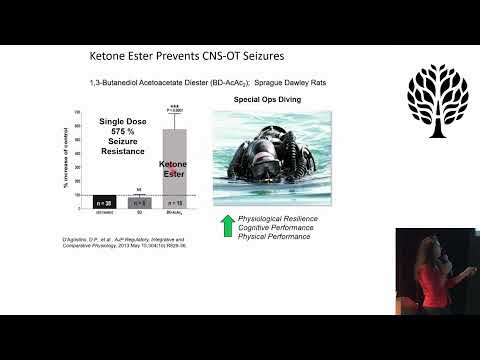AWW YEAHHH, let’s goooo—welcome to the Mario Party Minigame Dementia Detection™ Tier List , where we rank games by how brutally or subtly they expose your brain’s decline . 

This list focuses on minigames that are great for testing stuff like short-term memory , reaction time , spatial awareness , attention , and executive function —stuff that can be impacted in early cognitive decline or dementia .
 S Tier — “Oops I Forgot What I Was Doing”
S Tier — “Oops I Forgot What I Was Doing”
Absolute brain busters. These will catch cognitive decline instantly if it’s there.
• Memory Match (MP1): Classic match-the-symbols. Very pure working memory test.
• Trace Race (MP4): You have to trace a shape perfectly. Requires steady hand + attention.
• Deck Hands (MP6): Remember card values and optimize points = planning + memory.
• Picture Perfect (MP Superstars): Remember images, recall exact match. Brutal with a timer.
• Card Crazy (MP5): Like a fast-paced memory card game with punishment for guessing wrong.
 Tests: Working memory, focus, visual recall, attention to detail.
Tests: Working memory, focus, visual recall, attention to detail.
 A Tier — “Split-Second Brain Work”
A Tier — “Split-Second Brain Work”
These test reaction time, multitasking, and reflexes under pressure.
• Quick Draw Corks (MP5): Wait for the right color and shoot first. Mess up = slow processing.
• Speed Hockey (MP2): Coordination + teamwork + fast reaction = chaos.
• Reflex Check (MP Superstars): Just what it says—reaction time stress test.
• Button Mashers / Domination (MP4): Tests physical reaction AND impulse regulation.
 Tests: Processing speed, coordination, impulse control.
Tests: Processing speed, coordination, impulse control.
 B Tier — “Spatial & Motor Challenge”
B Tier — “Spatial & Motor Challenge”
Less about memory, more about control, hand-eye coordination, and motor planning.
• Etch ‘n’ Catch (MP6): You and a teammate draw circles around shapes—coordination challenge.
• Paths of Peril (MP4): Navigate narrow paths under time pressure = spatial planning.
• Monty’s Revenge (MP7): Pop out of holes at the right time, avoid hammers. A rhythm/timing test.
 Tests: Spatial reasoning, motor skills, basic strategic movement.
Tests: Spatial reasoning, motor skills, basic strategic movement.
 C Tier — “Too Much RNG / Button Mashing”
C Tier — “Too Much RNG / Button Mashing”
Fun, but not reliable for cognitive detection unless you already know the person well.
• Slot Trot (MP5): Half reaction time, half RNG.
• Snowball Summit (MP3): You can win by accident just by surviving.
• Pushy Penguins (MP5): Reflexes matter, but it’s mostly dodging chaos.
 Tests: Mostly motor response + chaos tolerance.
Tests: Mostly motor response + chaos tolerance.
 D Tier — “Not Useful for Testing”
D Tier — “Not Useful for Testing”
• Mashing games with no planning
• Pure RNG minigames
• Games that are too short or simplistic to really test anything meaningfully
Examples:
• Chance Time
• Roll Call (if not playing seriously)
• Balloon Burst
 Tests: Mostly your patience.
Tests: Mostly your patience.
 The Ideal “Cognitive Test Pack” Combo (for casual observation):
The Ideal “Cognitive Test Pack” Combo (for casual observation):
• Memory Match (S)
• Trace Race (S)
• Quick Draw Corks (A)
• Paths of Peril (B)
• Etch ‘n’ Catch (B+)
• Reflex Check (A)
You’ll hit memory, attention, coordination, reflexes, and planning in under 10 minutes of party time.
Wanna turn this into a printable chart or meme graphic? I can cook that up too.
